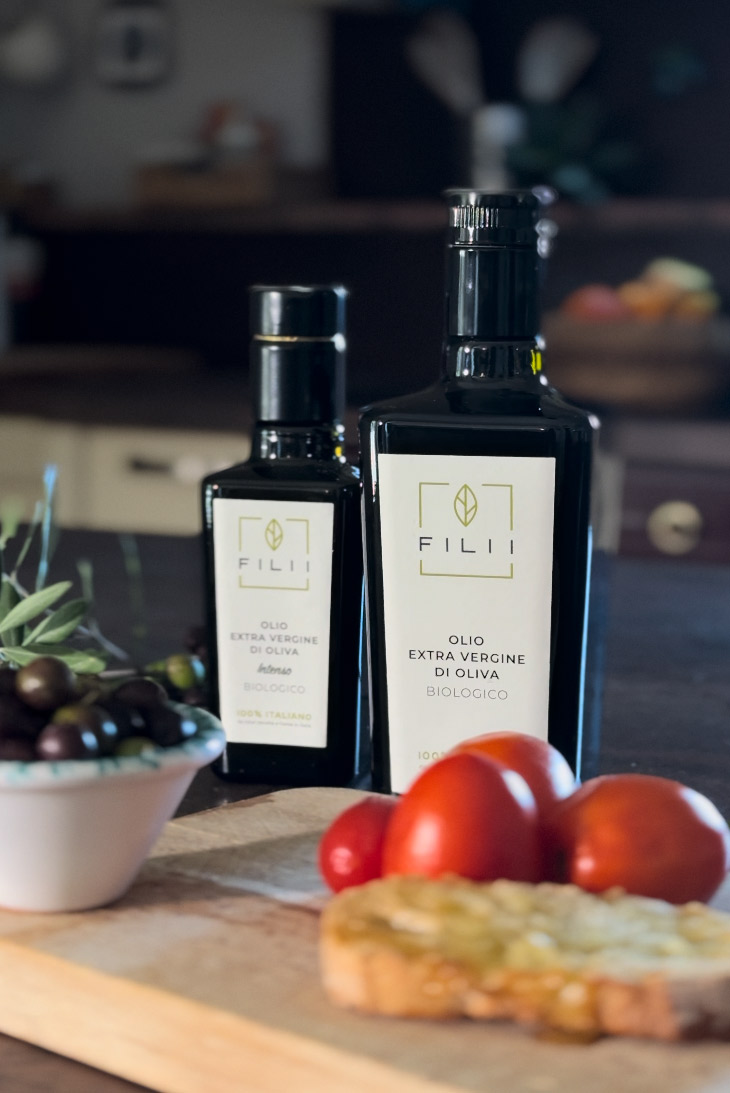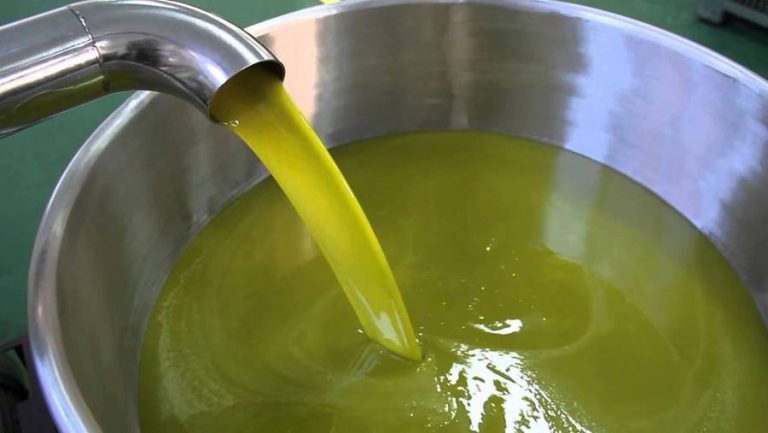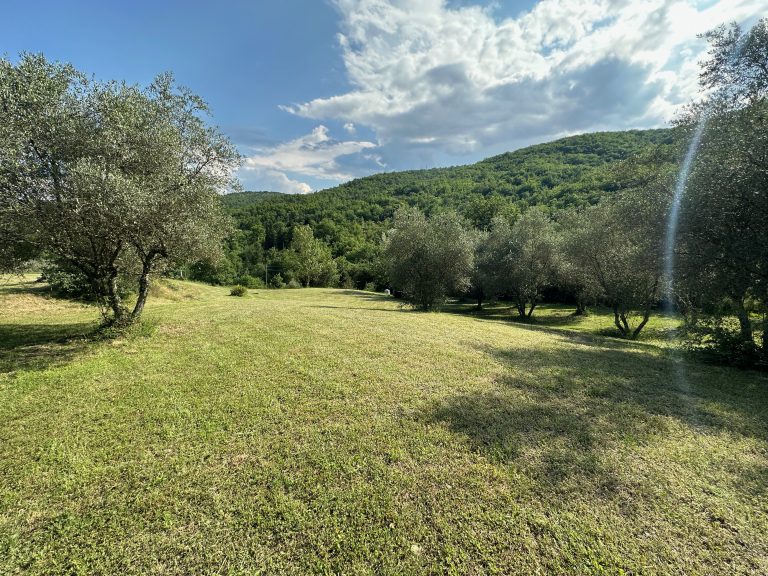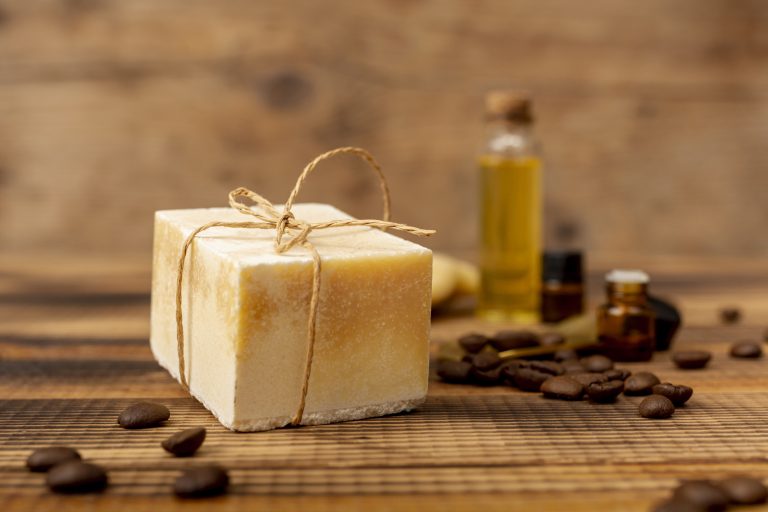
The Preservation of Olive Oil
- Post author:Guest-admin
- Post published:December 16, 2024
- Post category:Approfondimenti EN
An old popular saying goes, “Old wine, new oil,” and it’s indeed true that, over time, wine improves by refining its aromatic bouquet, while extra virgin olive oil loses much of its qualitative characteristics, even when stored in optimal conditions, that is, away from light, air, and heat.
After just two or three years, what often remains is merely a rancid smell, perhaps accompanied by faint traces of bitterness and spiciness due to the residual presence of phenolic compounds, which prolong the preservation process.
In many households, there’s a habit of setting aside newly purchased oil, allowing it to lose some of its intensity over time, while preferring one- or two-year-old oil for all kitchen uses, from raw finishing touches to prolonged cooking.
In reality, it would be more appropriate—and healthier—to fully utilize the antioxidant power of new oil, rich in polyphenols, which during cooking help limit the degradation of food and the potential development of toxic substances.
But does extra virgin olive oil have an expiration date? Many wonder whether consuming oil stored at home for several years could be harmful.
Specific regulations require the producer to indicate on the label the Minimum Shelf Life (MSL), or the date until which they guarantee the declared merchandise category: “Extra Virgin Olive Oil.”
Previously, the recommended term was 18 months from the date of bottling, but now producers are given the freedom and responsibility to decide the date by which they are certain the oil will retain its quality characteristics.
However, a careful reading of the label can help the consumer distinguish a “young oil” from an “older one.”
This is indicated by the harvest season (which coincides with the marketing period, e.g., 2023 – 2024), mandatory for extra virgin olive oil sold in Italy and obtained entirely from olives harvested and processed in the declared period.
If this information is not visible on the label, it would mean the oil comes from a blend of oils produced in different years.
Beyond any information readable on the label, it’s essential to know that an extra virgin olive oil low in antioxidants and unfiltered tends to spoil much faster than the shelf life stated on the label, even if stored properly.







